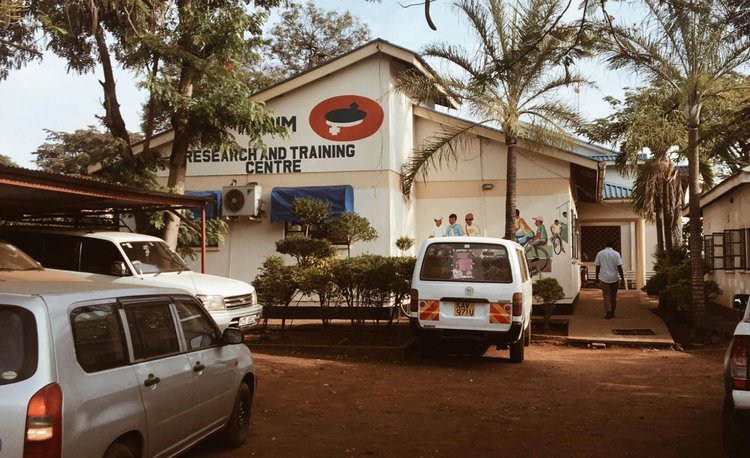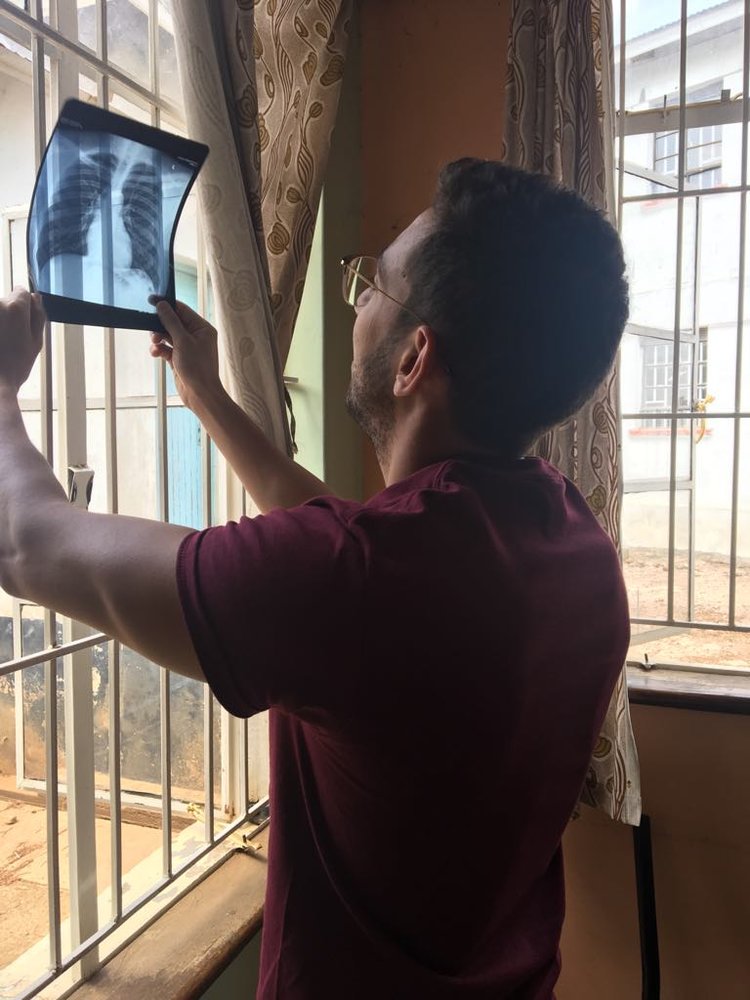 By Olivier Veilleux, McGill Perspectives on Global Health
By Olivier Veilleux, McGill Perspectives on Global Health
Modern medicine is spectacular. Advances in our understanding of the pathophysiology underlying diseases has now opened the door to new therapeutic means: monoclonal antibodies, immune checkpoint inhibitors, CAR-T cell therapy… Thanks to research, the natural history of many diseases has been redefined. HIV/AIDS medicine is perhaps the most eloquent example. HIV is now considered a chronic viral illness and the life expectancy of individuals living with the disease is comparable to the general population.
In medicine, we are constantly confronted by cultural differences in beliefs related to health and disease. With this in mind, I became increasingly interested in healthcare in other parts of the world, especially in developing countries. In researching this, I came across a program named FACES (Family AIDS Care and Education Services). FACES is an HIV/AIDS care and treatment program in Western Kenya and Nairobi. The organization is a collaboration between the Kenya Medical Research institute (KEMRI) and the University of California, San Francisco (UCSF) and is funded through the US President’s Emergency Plan for AIDS Relief (PEPFAR) and Center for Disease Control (CDC). FACES is a network of clinics founded in 2004 and its mission is to provide services and comprehensive care to HIV-affected families and other vulnerable populations in Kenya.
 While pursuing a clinical rotation at FACES in Kenya, one of the first cases I encountered was a 25-year-old man who presented to the clinic on a late Friday afternoon. He had an unsteady gait, was confused, and had focal neurological deficits on physical exam. Given the fact that he had HIV and was not taking his antiretrovirals, we were very worried about an opportunistic infection such as a cryptococcal meningitis. We recommended that he go to the hospital to undergo a CT scan as well as a lumbar puncture. Unfortunately, the patient and his family did not have the money to pay for these diagnostic modalities. My Kenyan friends looked at me and said spontaneously: “Welcome to Kenya my friend”. I could not believe that we were going to let this poor young man walk out of the clinic in that state. At that moment, I realized what I had signed up for and I knew it was not going to be easy to deal with situations like these: situations that seem impossible to me are their daily reality.
While pursuing a clinical rotation at FACES in Kenya, one of the first cases I encountered was a 25-year-old man who presented to the clinic on a late Friday afternoon. He had an unsteady gait, was confused, and had focal neurological deficits on physical exam. Given the fact that he had HIV and was not taking his antiretrovirals, we were very worried about an opportunistic infection such as a cryptococcal meningitis. We recommended that he go to the hospital to undergo a CT scan as well as a lumbar puncture. Unfortunately, the patient and his family did not have the money to pay for these diagnostic modalities. My Kenyan friends looked at me and said spontaneously: “Welcome to Kenya my friend”. I could not believe that we were going to let this poor young man walk out of the clinic in that state. At that moment, I realized what I had signed up for and I knew it was not going to be easy to deal with situations like these: situations that seem impossible to me are their daily reality.Throughout the month I spent in Kisumu, I witnessed the effectiveness of a program to reduce the burden of HIV/AIDS in Kenya. FACES was an excellent example of a well-structured global health program. The efforts of this organization are focused on diagnosing and treating new adult and pediatric cases as well as on preventing mother-to-child transmission. The program also offers educational services as well as psychological support. Since the implementation of FACES, the rate of HIV transmission has decreased dramatically, especially in babies born from HIV-positive mothers.
What I take from Kenya goes beyond the medicine. I made friends with incredible people who took me to local places and it was an authentic experience. Together, we had discussions about LGBTQ rights, abortion, and same-sex marriage; I realized how cultural beliefs, which are often related to religion, impact medical care and associated political decisions. I am looking forward to returning to Kenya.
October 24, 2018
